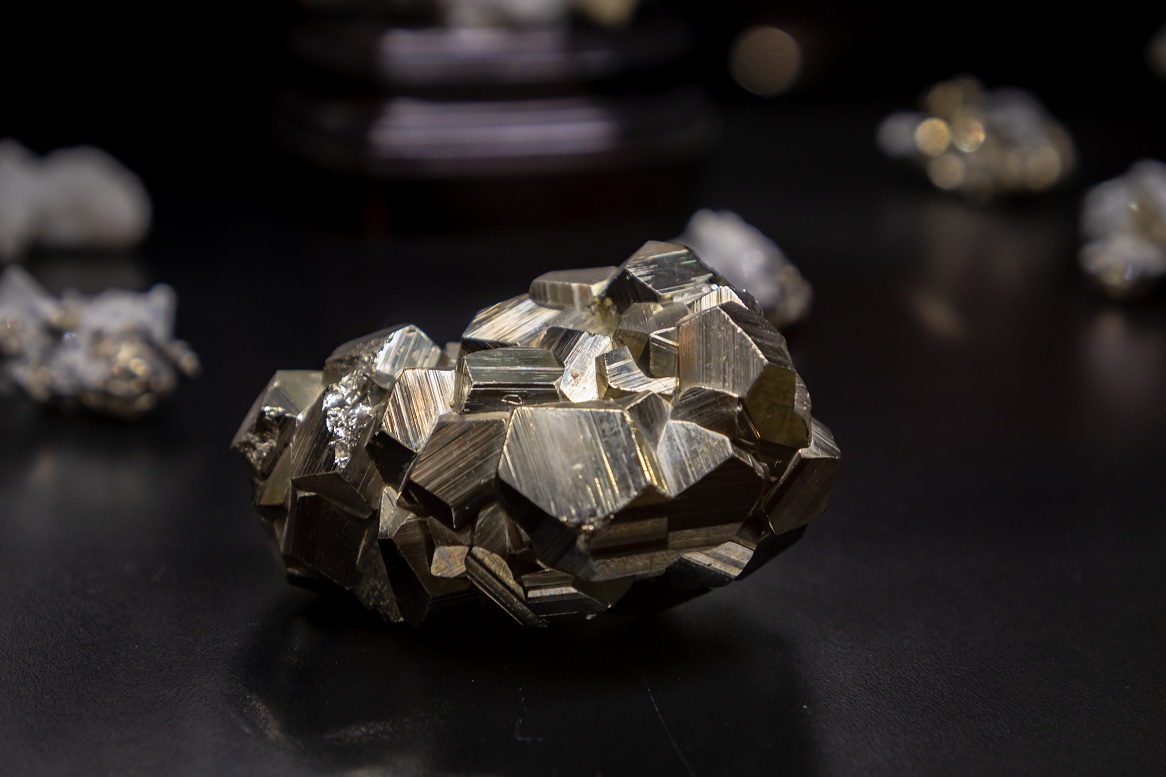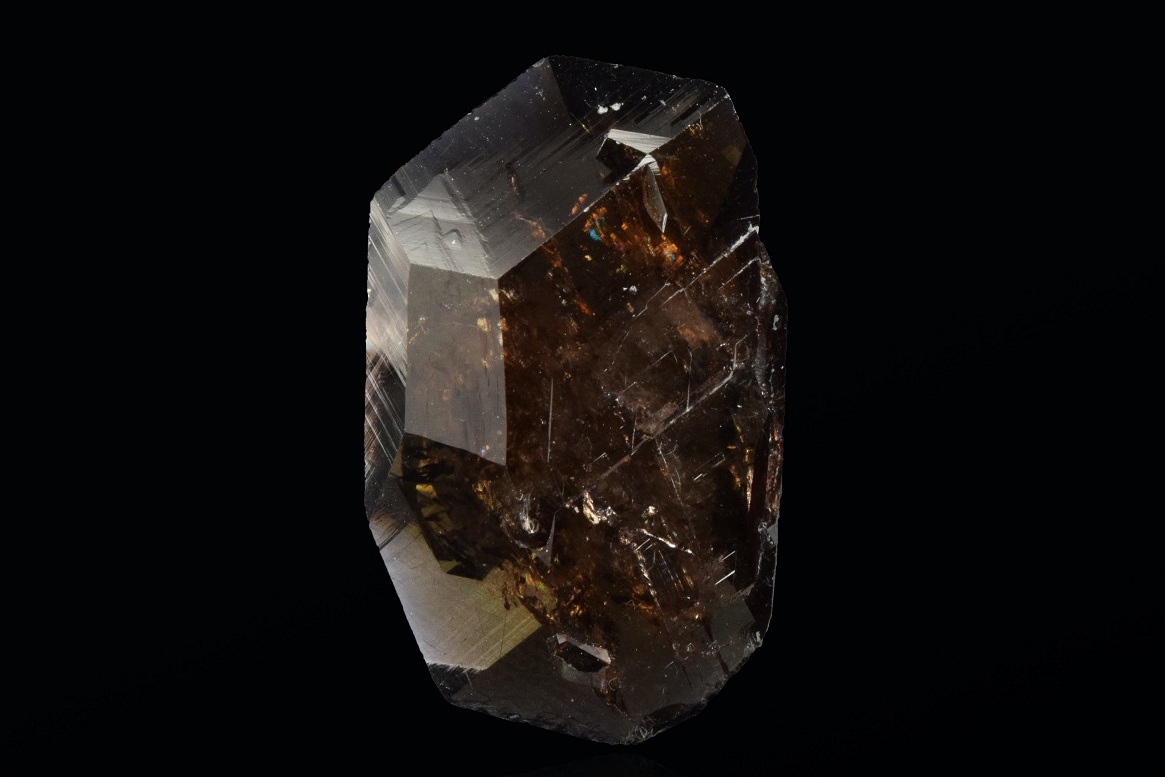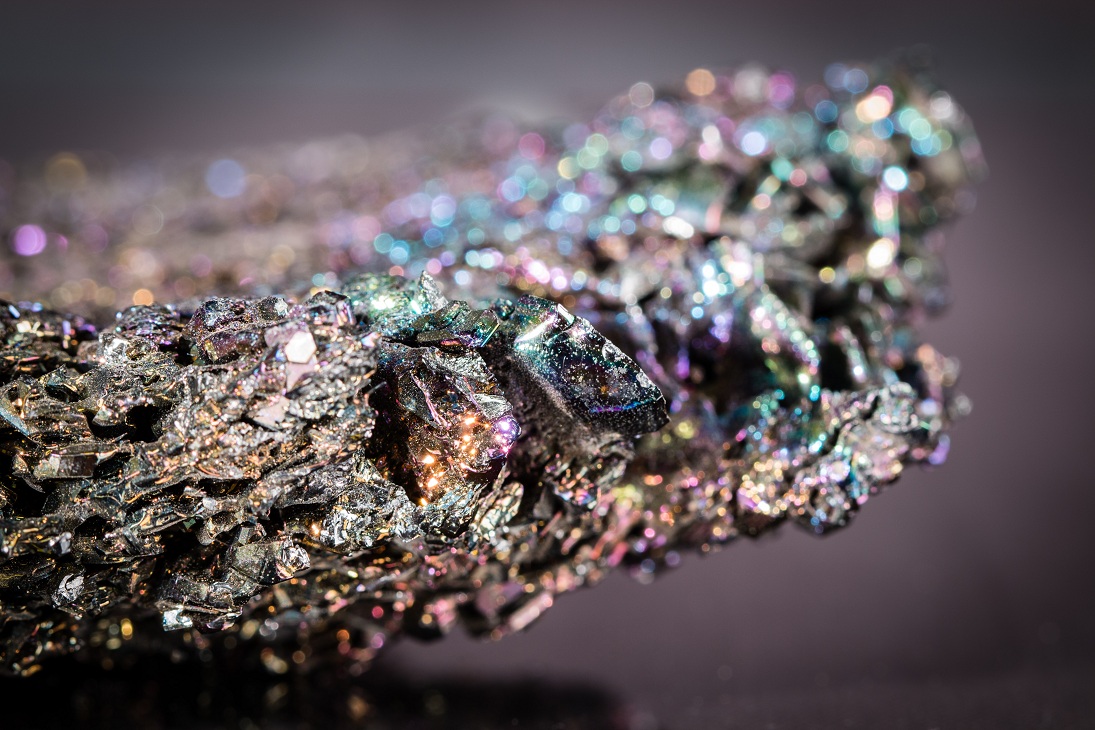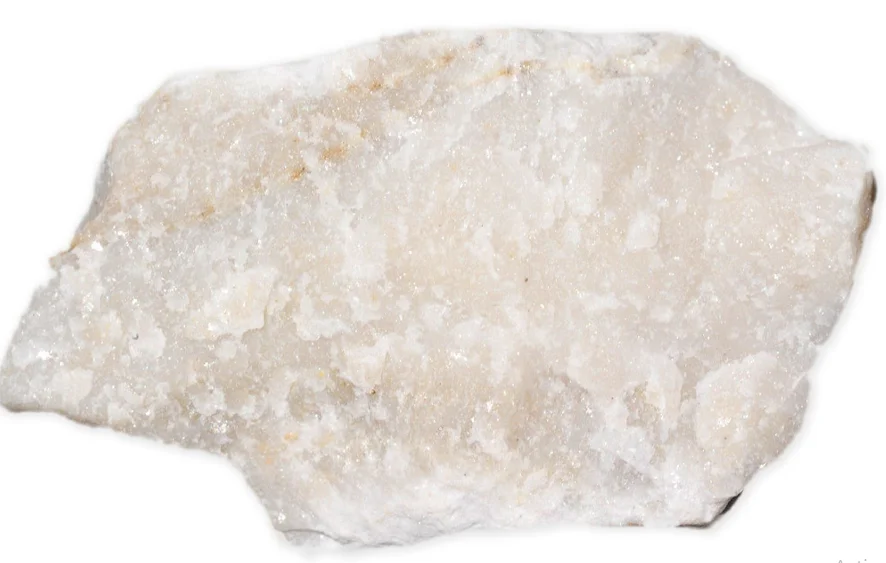

Industrial Minerals form an integral part of our lives. We use them in every aspect of our routine. Industrial minerals are used, either in processed or natural state, to make building materials, paint, ceramics, glass, plastics, paper, electronics, detergents, medications and medical devices, and many more industrial and domestic products. Without industrial minerals, a vast range of everyday domestic and vital industrial products would just not exist.
Industrial minerals are generally defined as minerals mined and processed (either from natural sources or synthetically processed) for the value of their non-metallurgical properties, which provides for their use in an extremely wide range of industrial and domestic applications. As a general rule, they can also be defined as being non-metallic, non-fuel minerals. What makes industrial minerals and rocks different from their metallic counterparts is the critical need for development work with the end-users, by which mineral products are tailored based on the variable geological possibilities of each deposit. GMCI produces many of the most widely used minerals such as kaolin, mica, talc, calcium carbonate, carbonate, limestone, quartz, feldspar, bentonite, silica and so on. Different minerals have different features that differ in physical properties. They are extremely versatile in nature. Certain industrial minerals may have one, two, or maybe up to ten domestic and/or industrial applications. Talc, for example caters to the cosmetic industry, pharmaceutical industry and paper industry. There are others like kaolin, mica , bentonite who cater to other industries like rubber, construction, agriculture as well as paints and coatings.
Industrial minerals are valued for their physical and chemical properties that make them so useful for so many products, and their price is driven by market demand for these items rather than by commodities exchange markets. Market demand for industrial minerals also influences how they are mined. In essence, wherever there is demand for these industrial and domestic applications, i.e. a market, this will create a trading business specific to that market. The crucial point is that the pattern of industrial minerals trade is utterly dictated by the needs of the population and the performance of the economy, and then combined with mineral availability. The relative importance of industrial minerals to the economy of the various countries reflects the economic maturity of that country and today they constitute the most important raw materials exploited in the developed industrialized countries. Due to increasing environmental awareness, there is need for utilization of waste materials from mining activities, which are also in the mineral form and can thus be considered as industrial minerals. They are the natural, organic and sustainable alternative.
Industrial minerals are not only important to us because of their uses, they are also responsible for employing people and services, and thus have value in that capacity.





